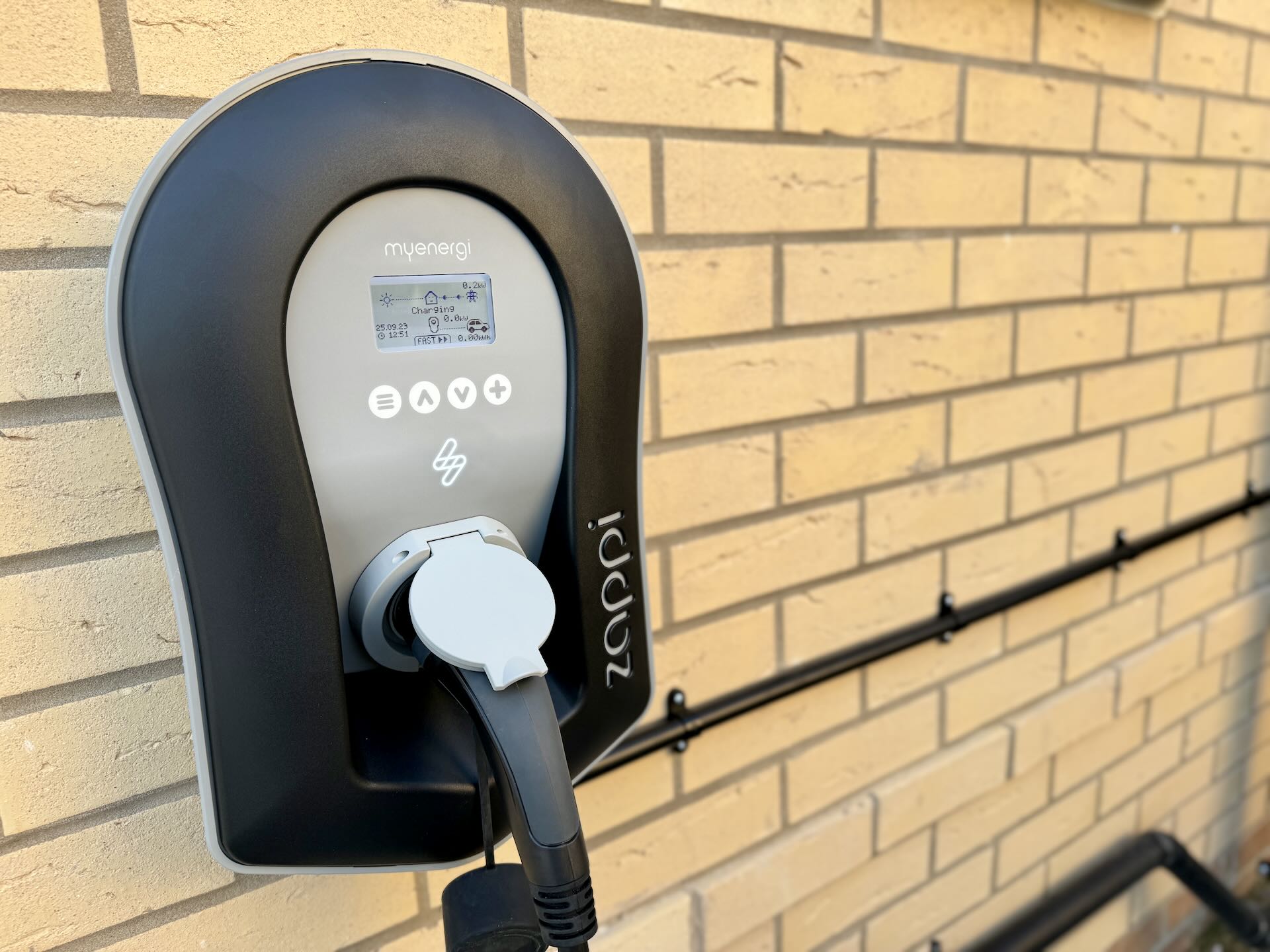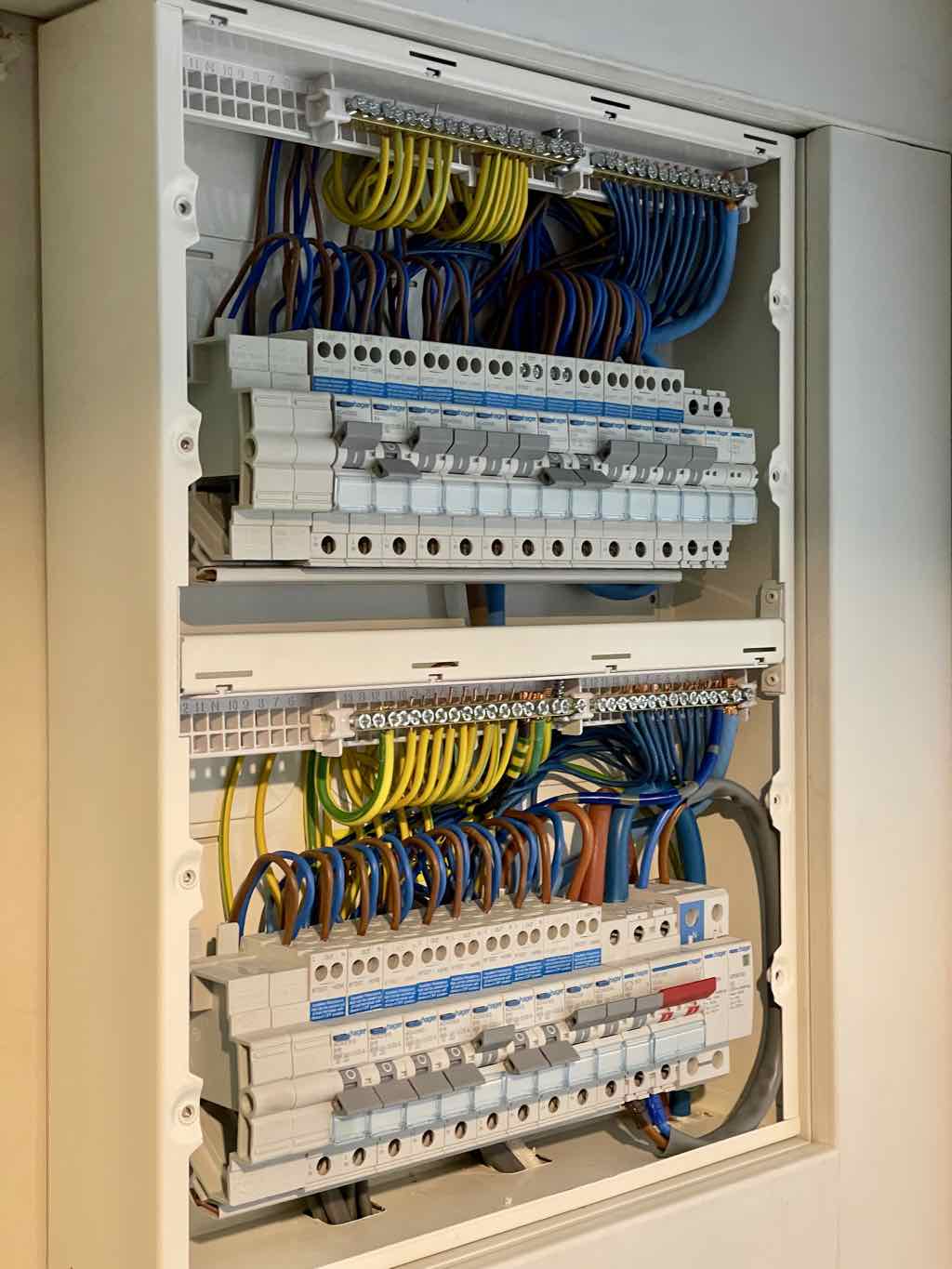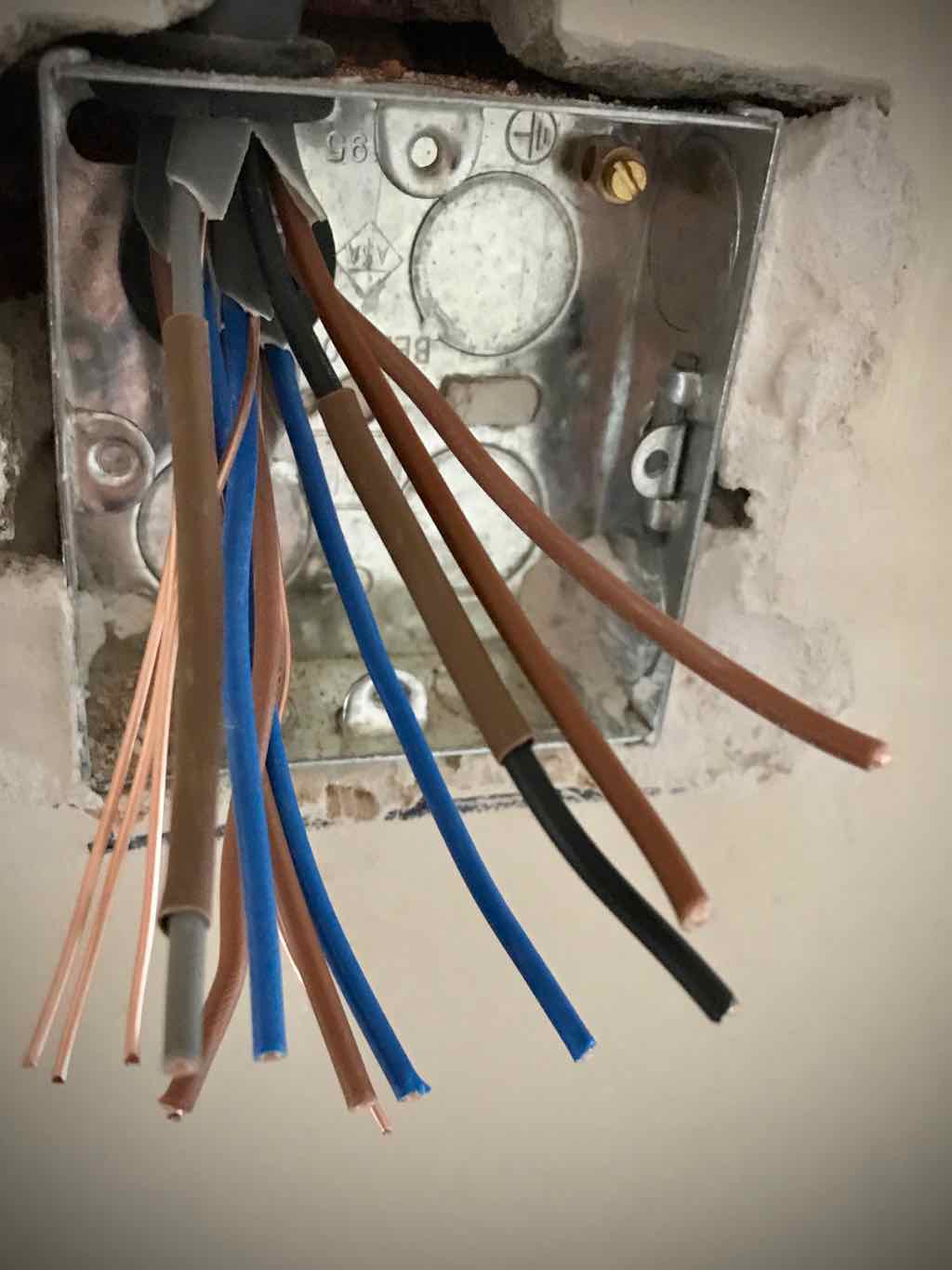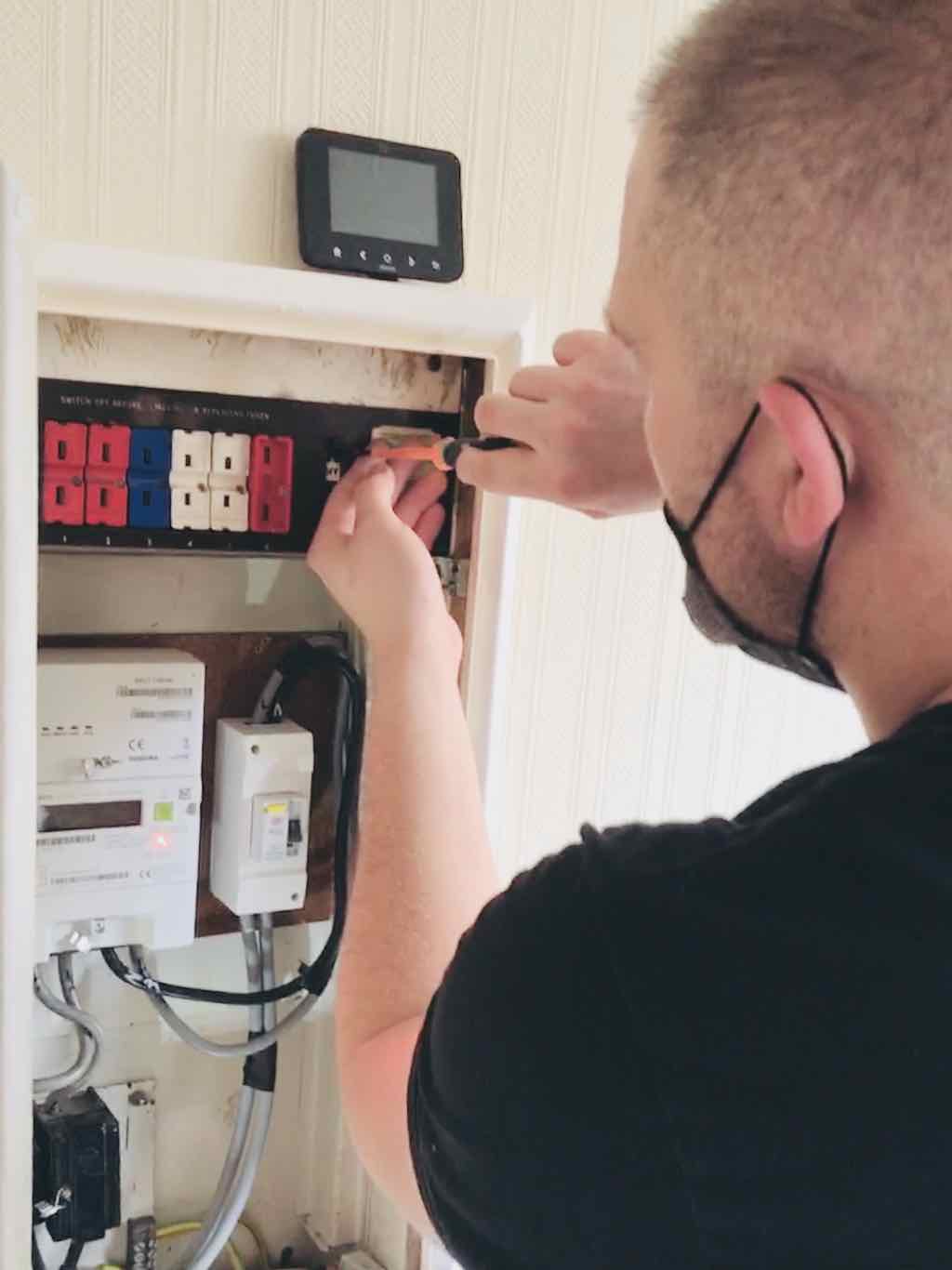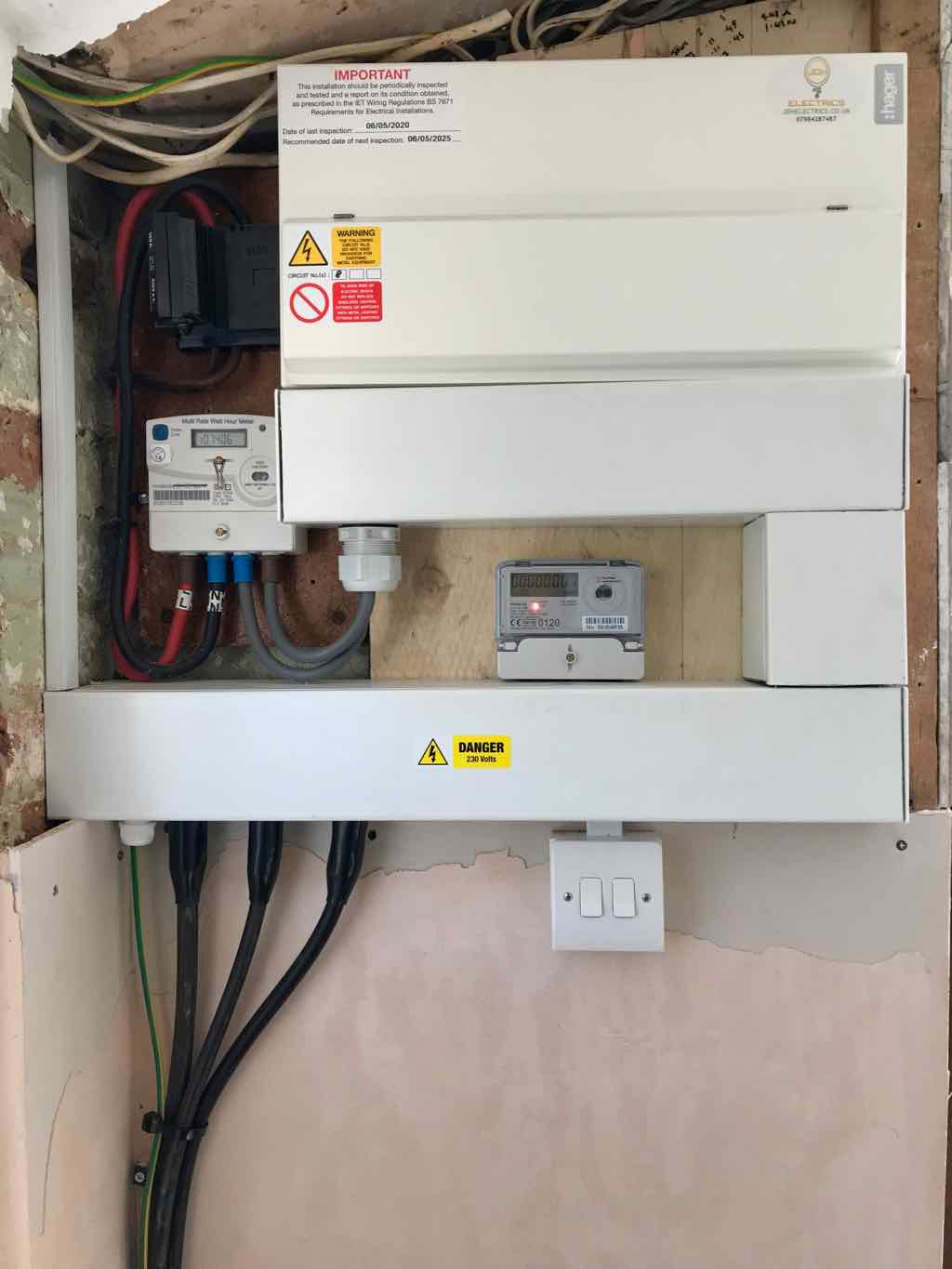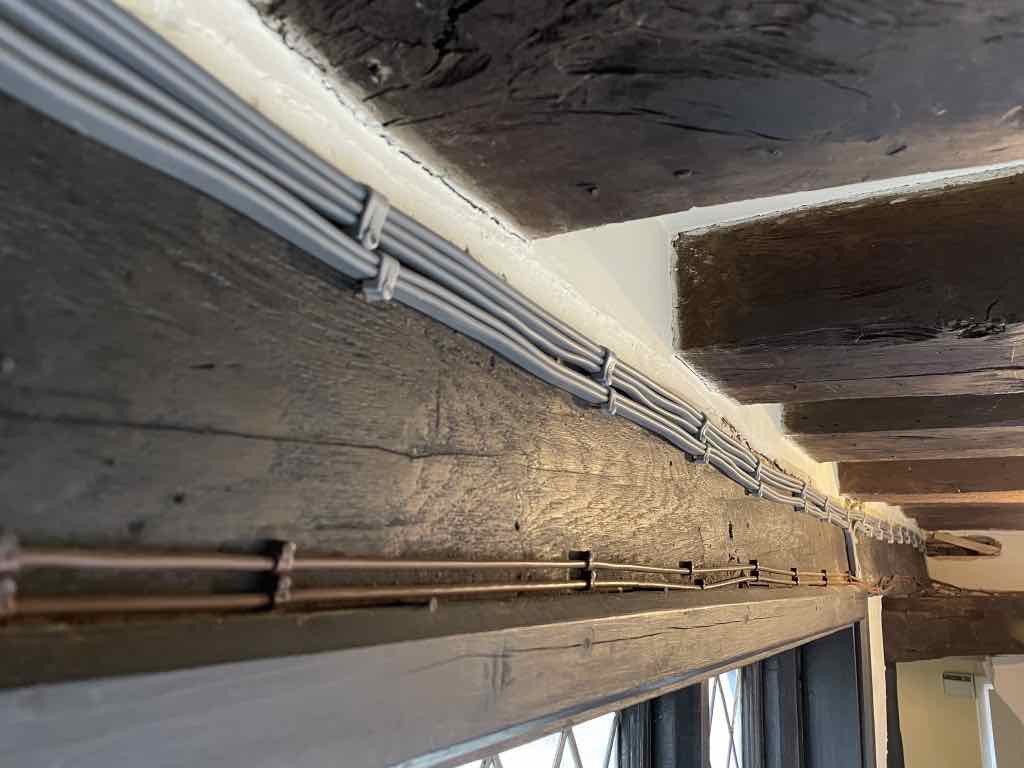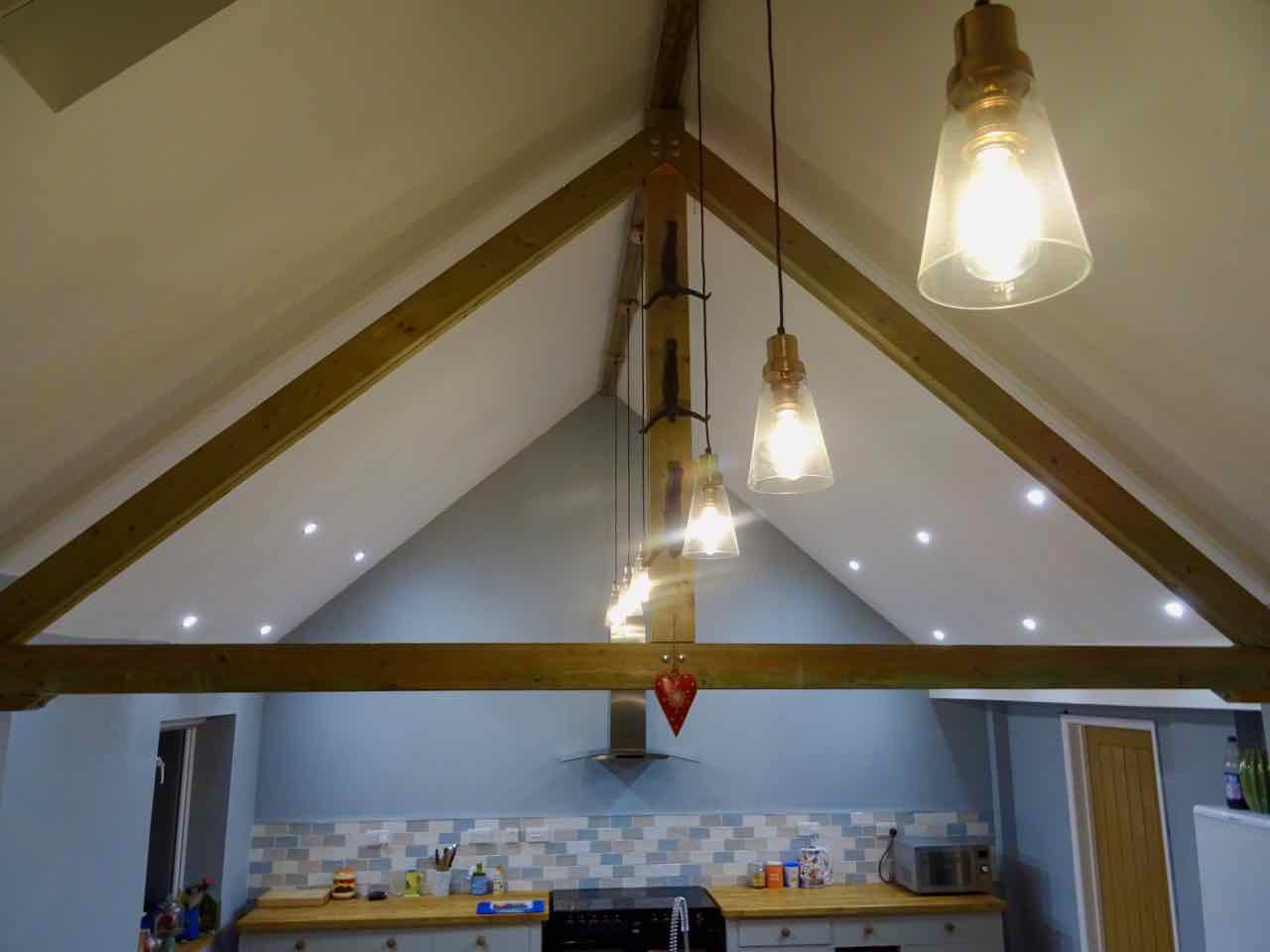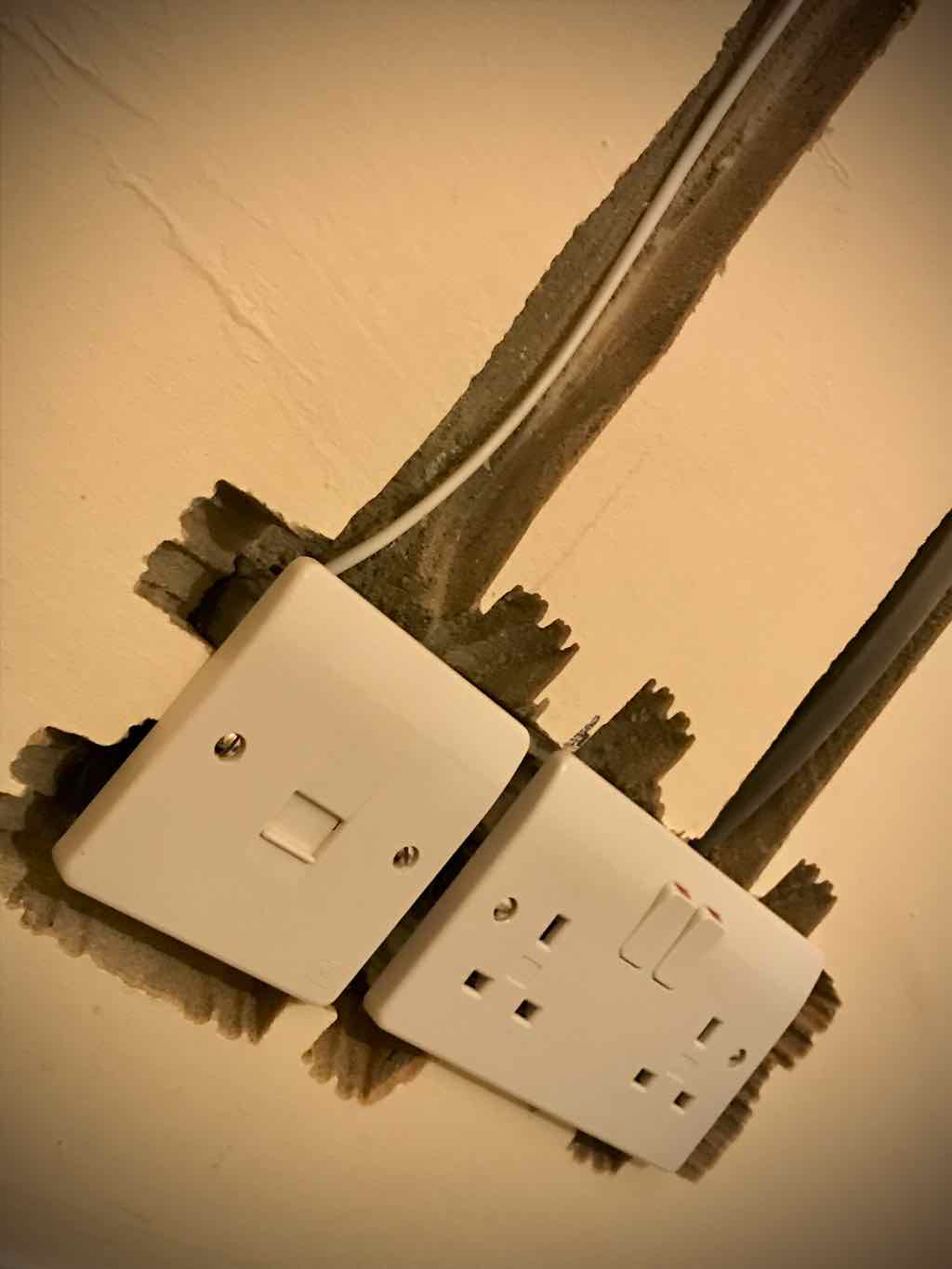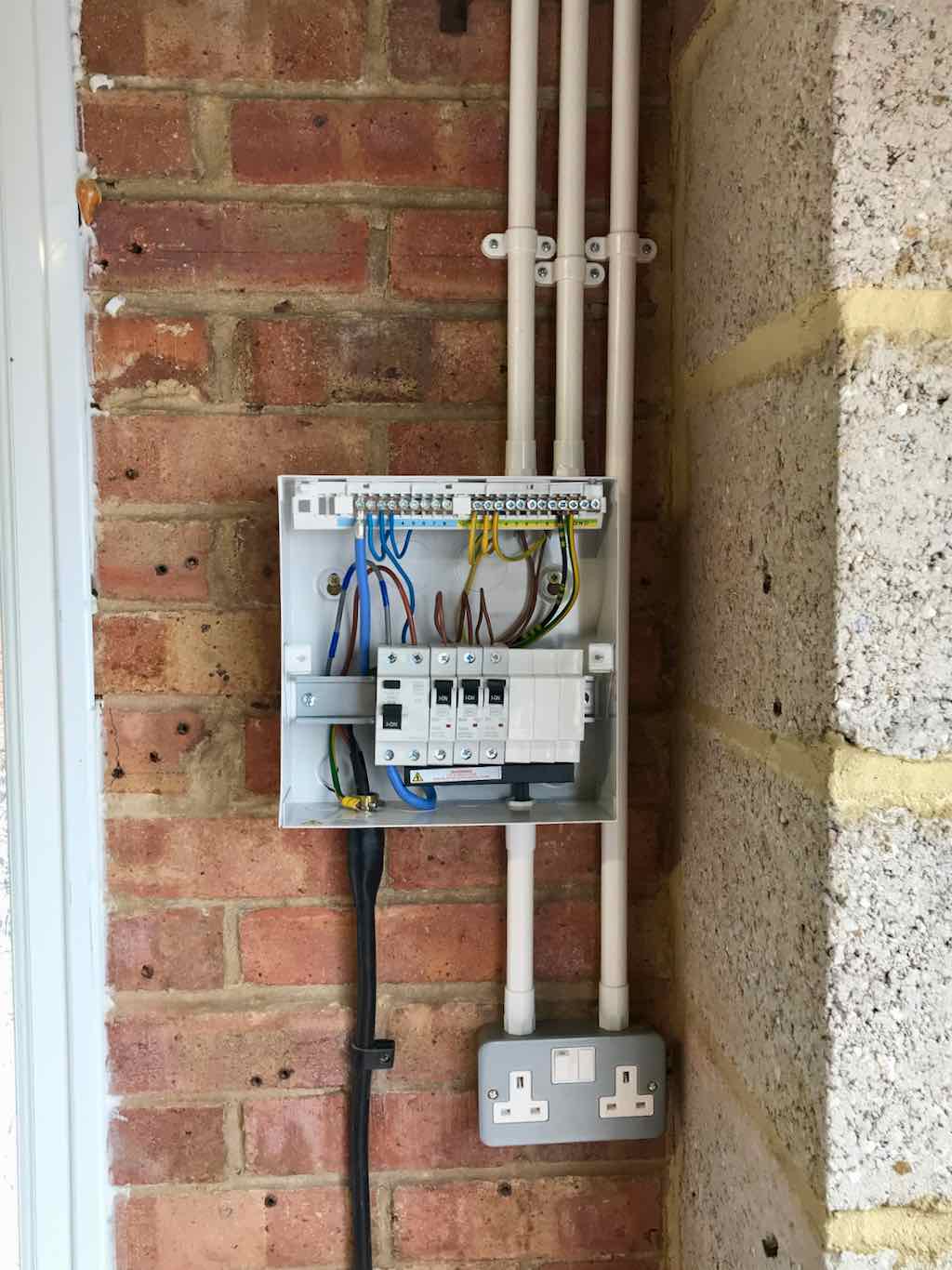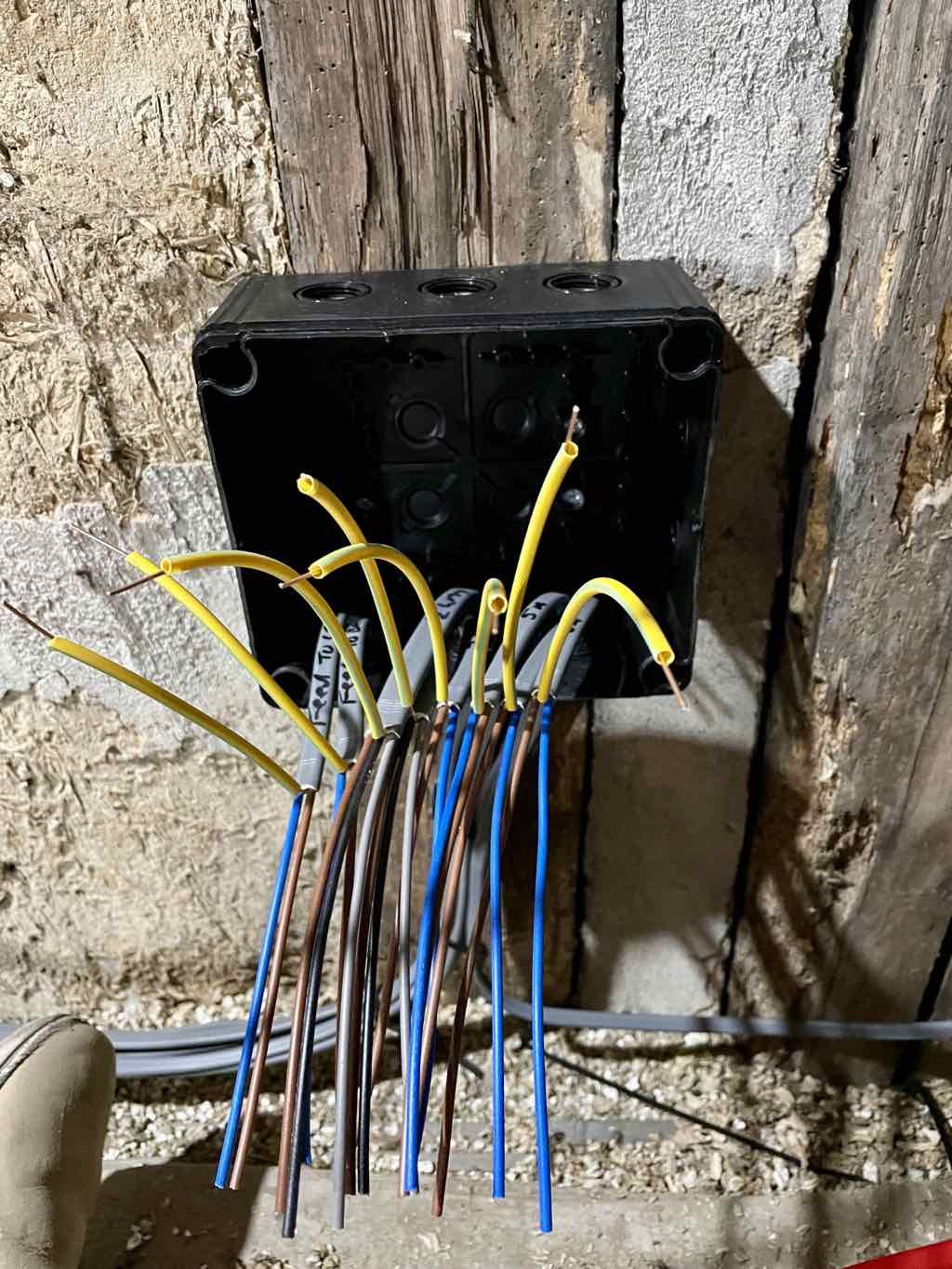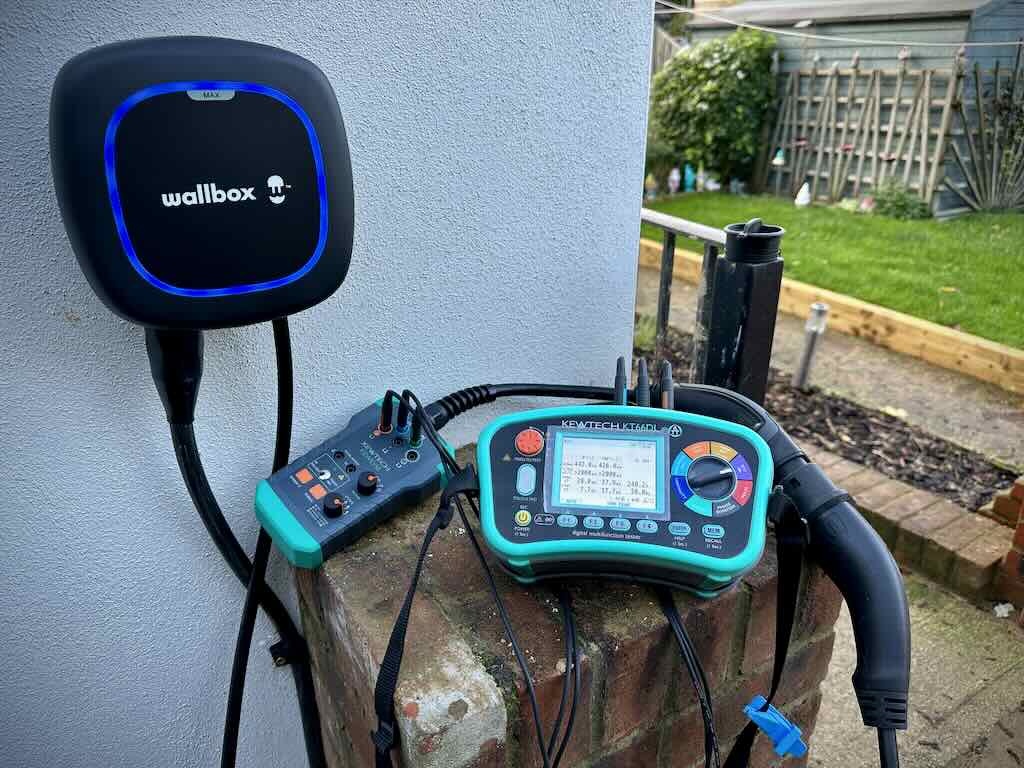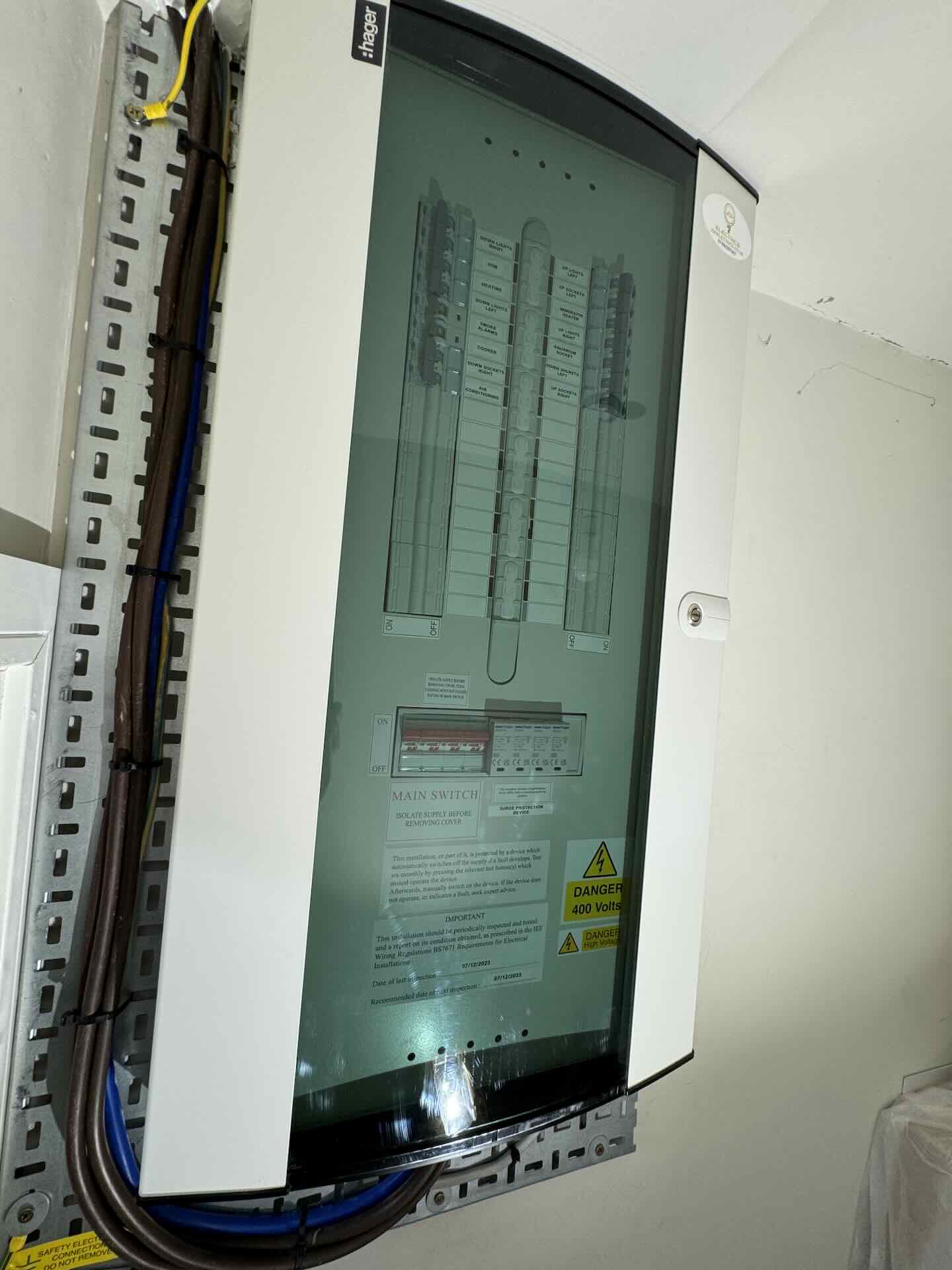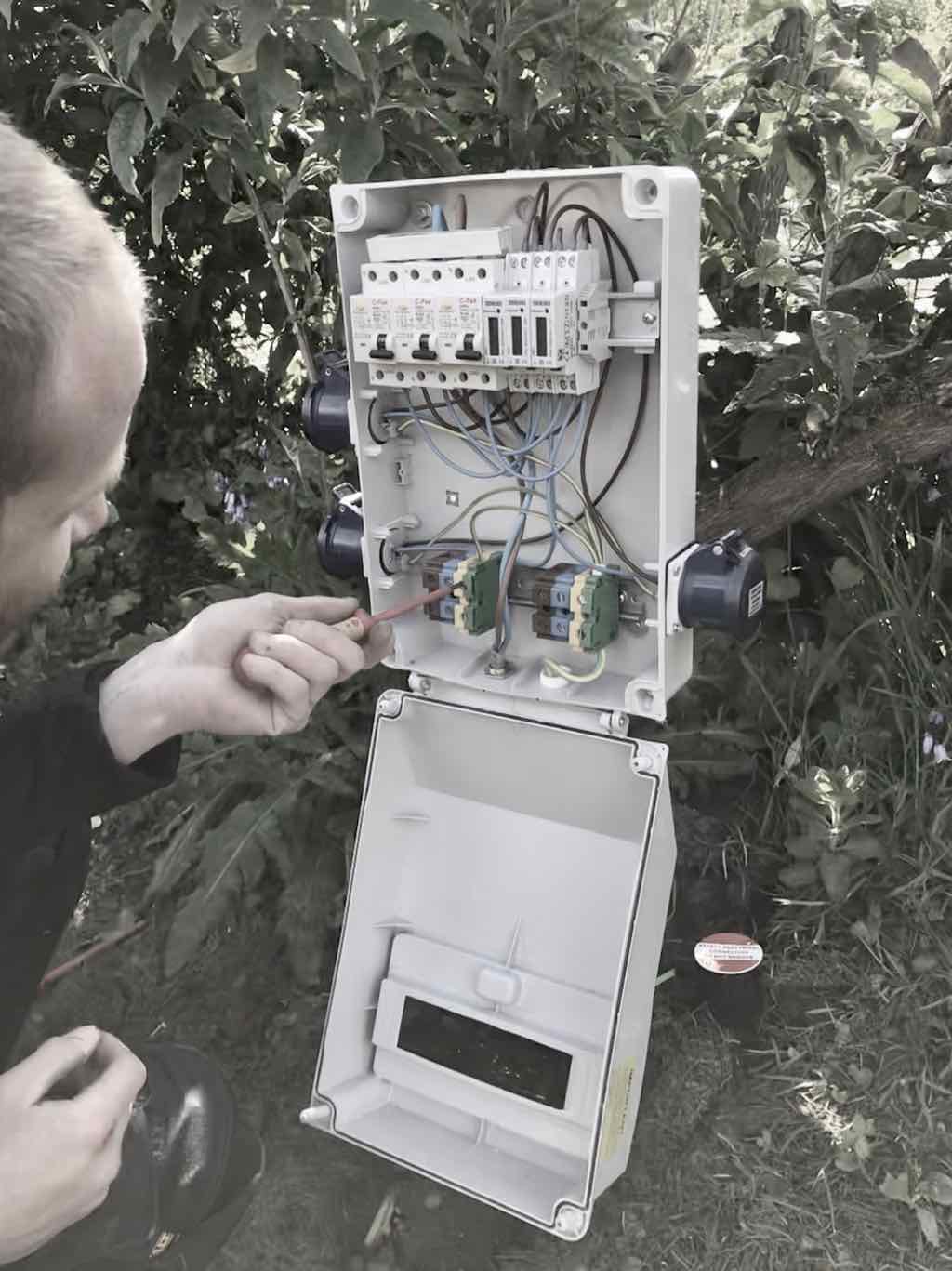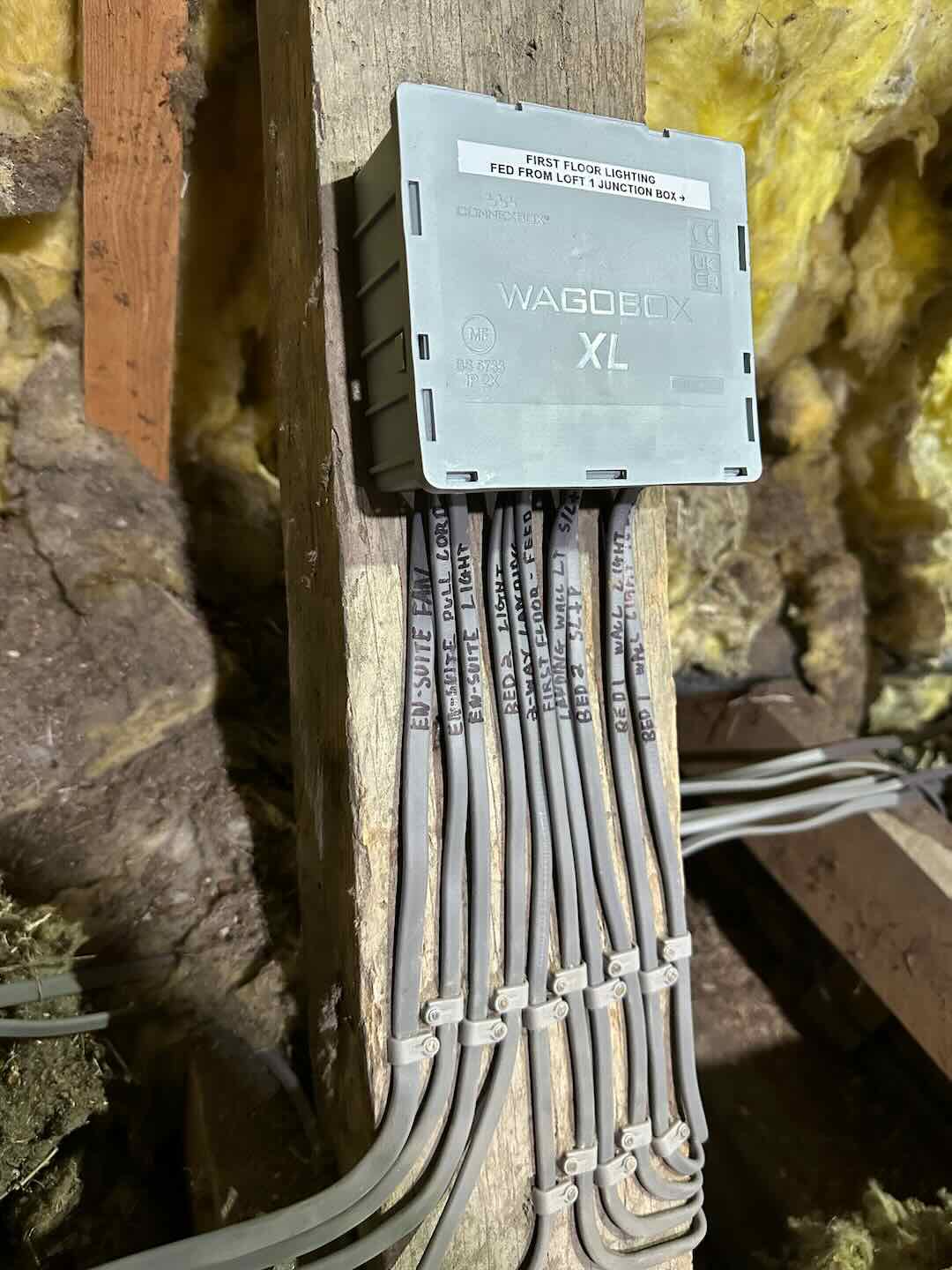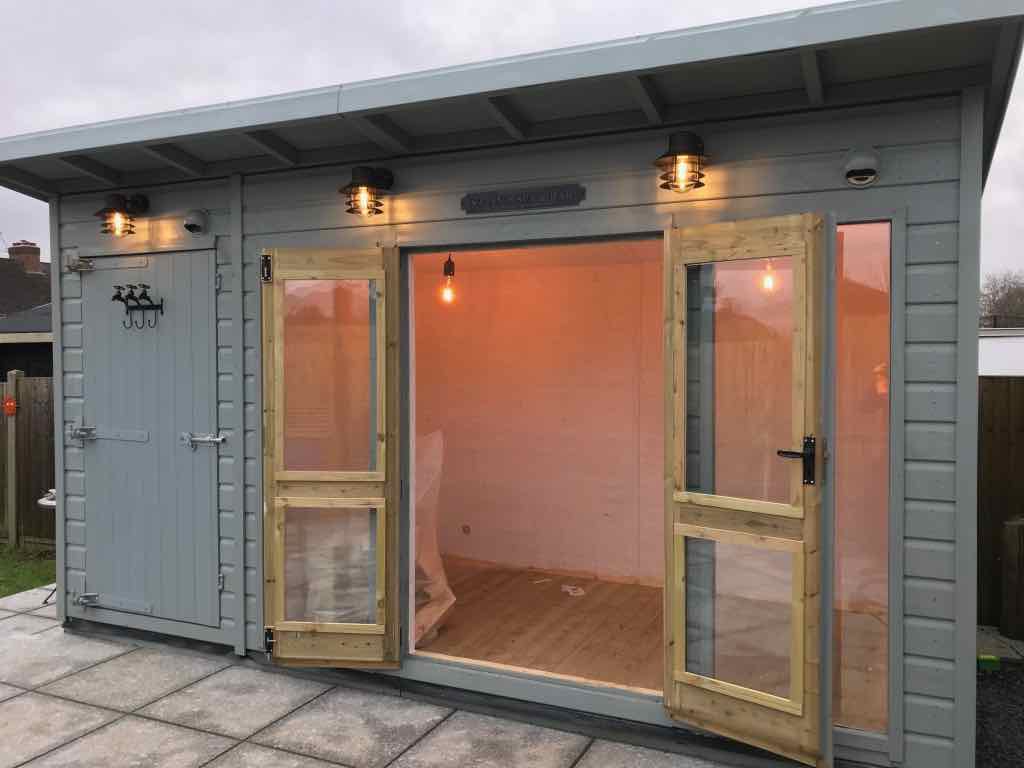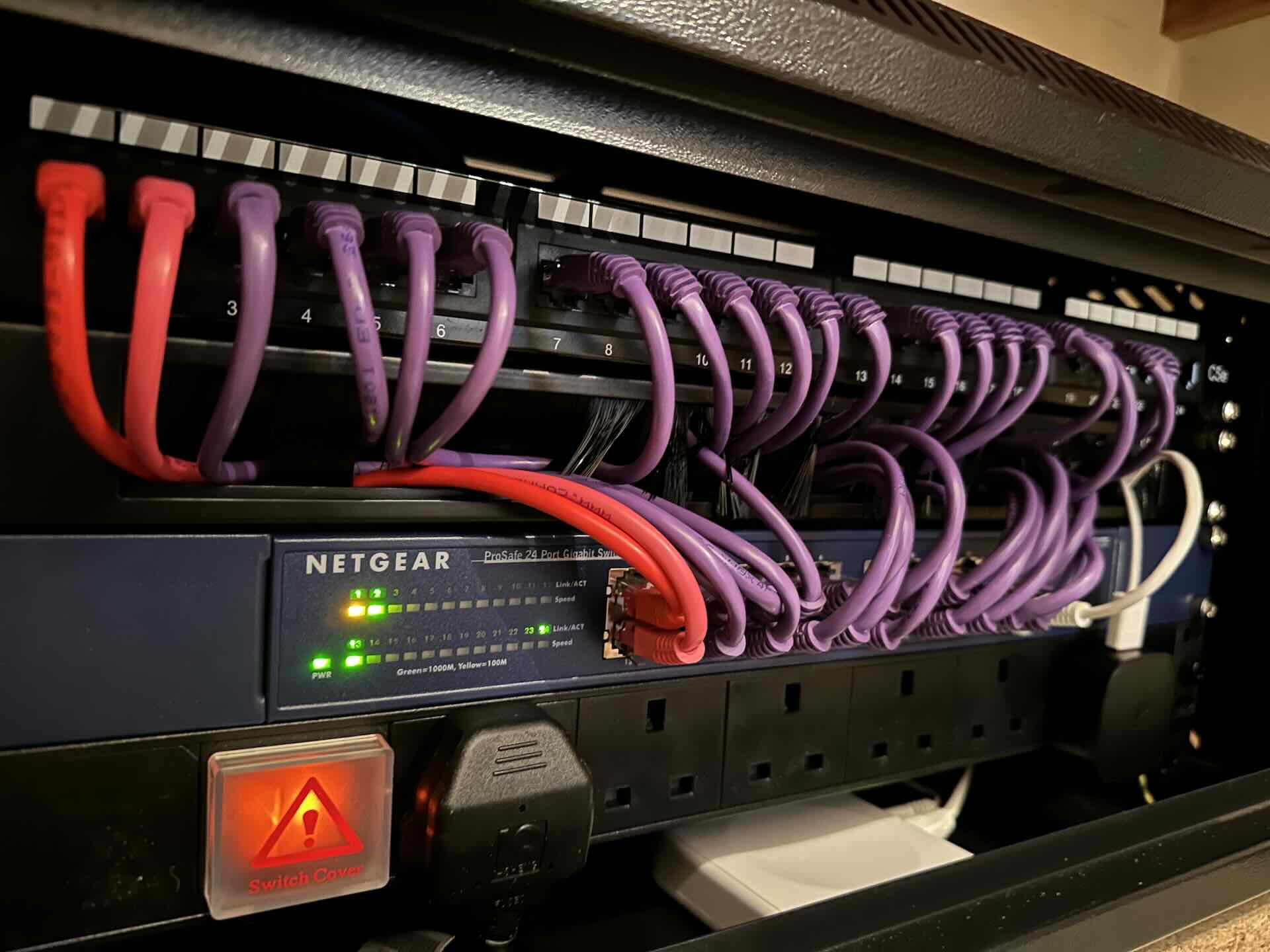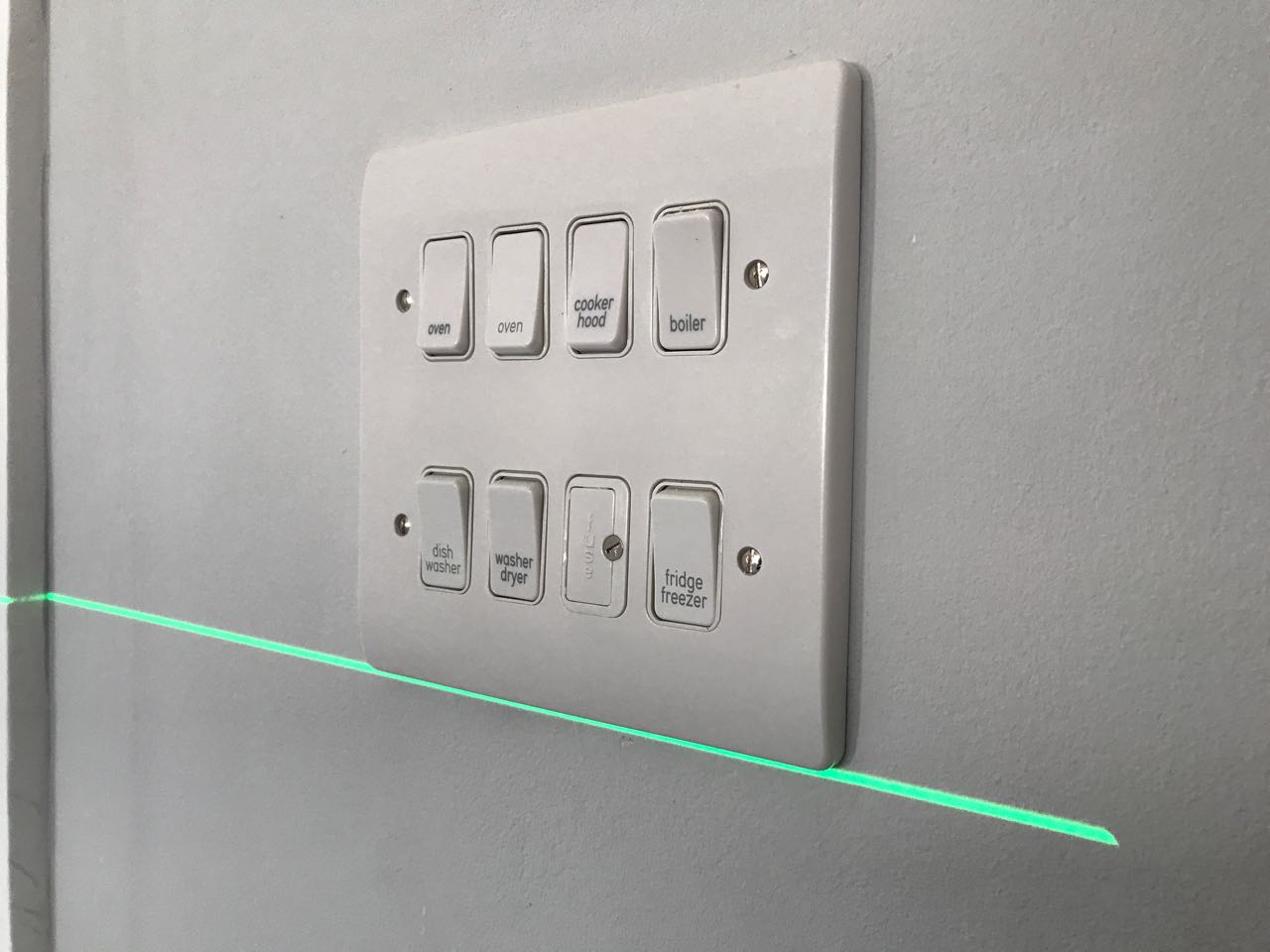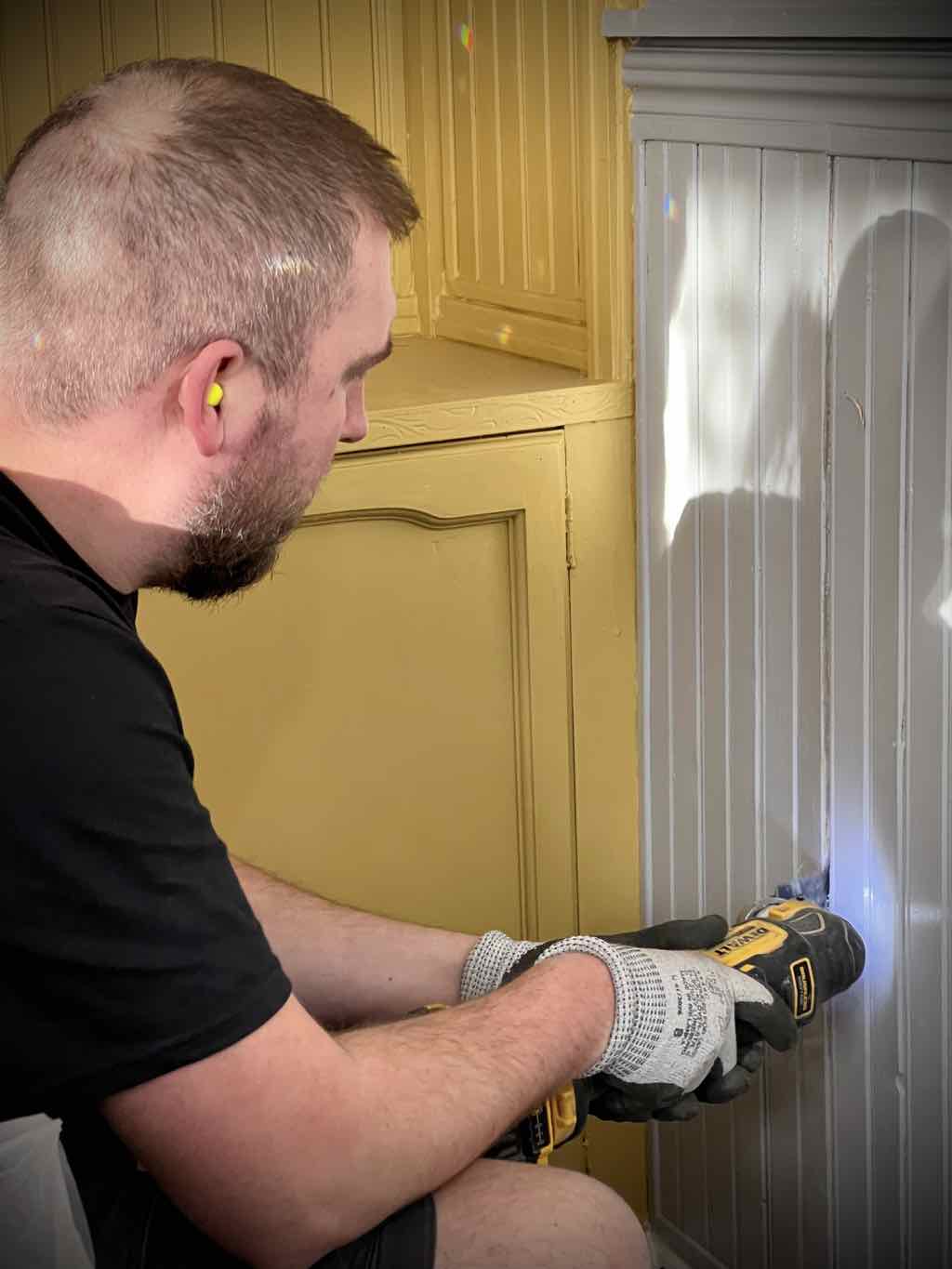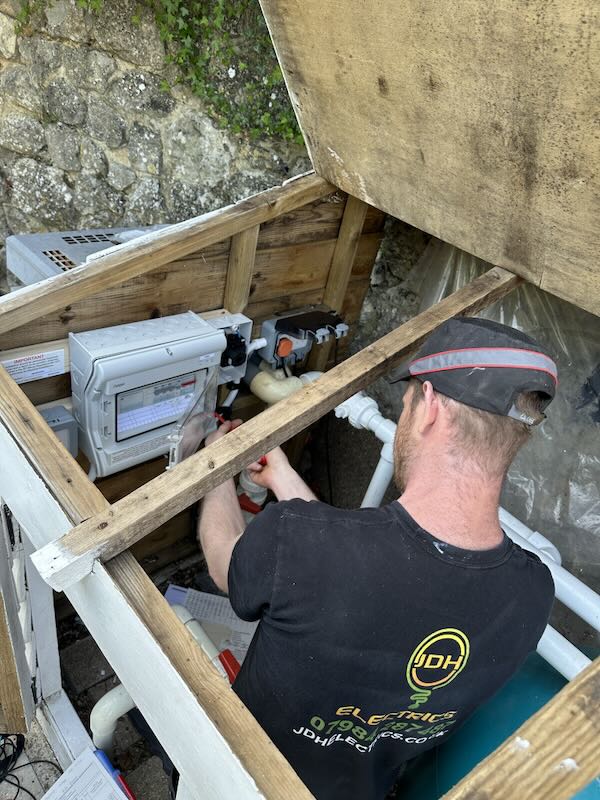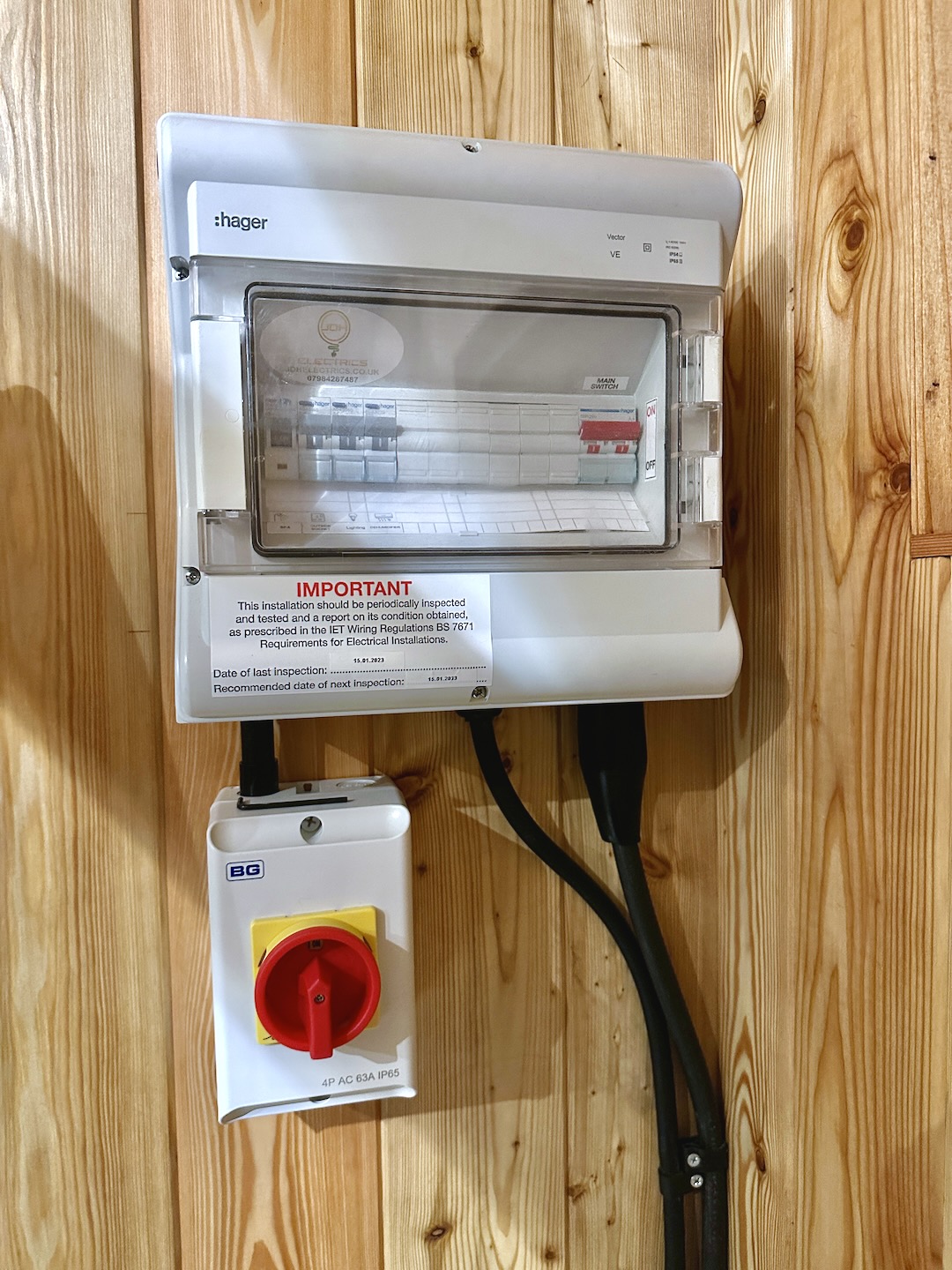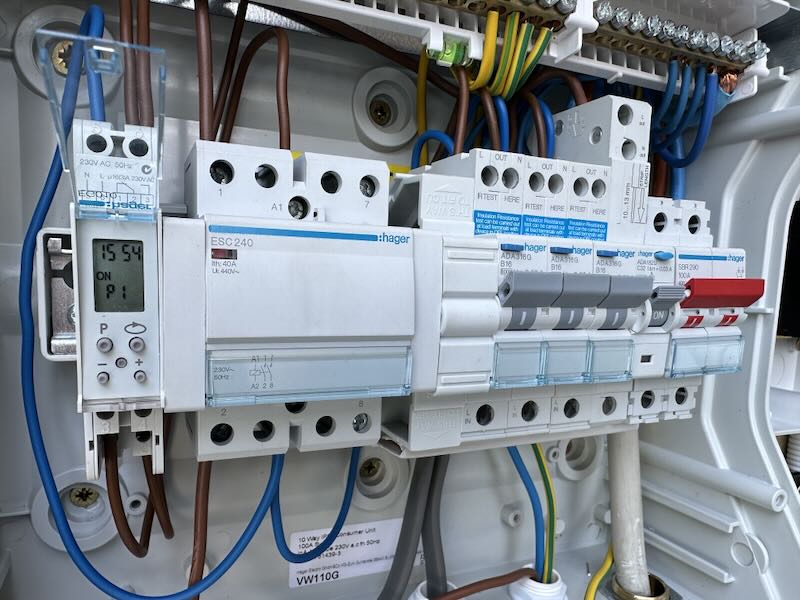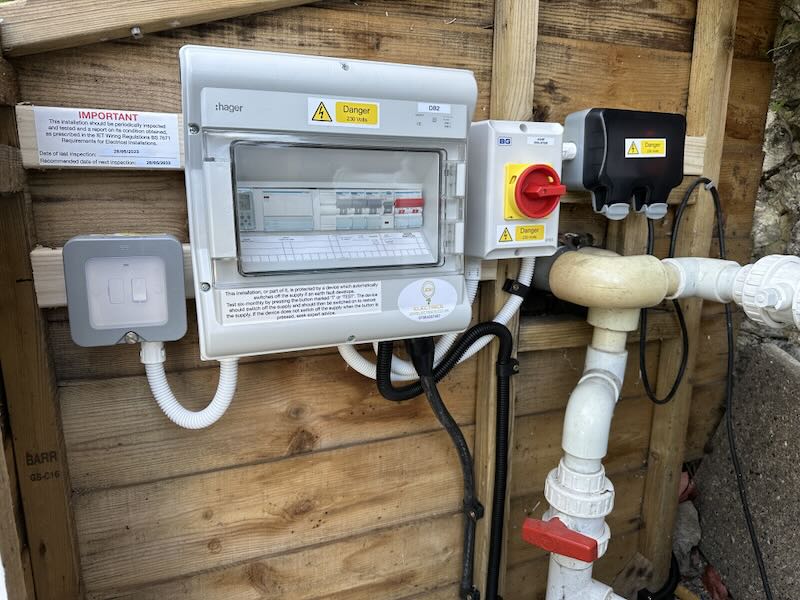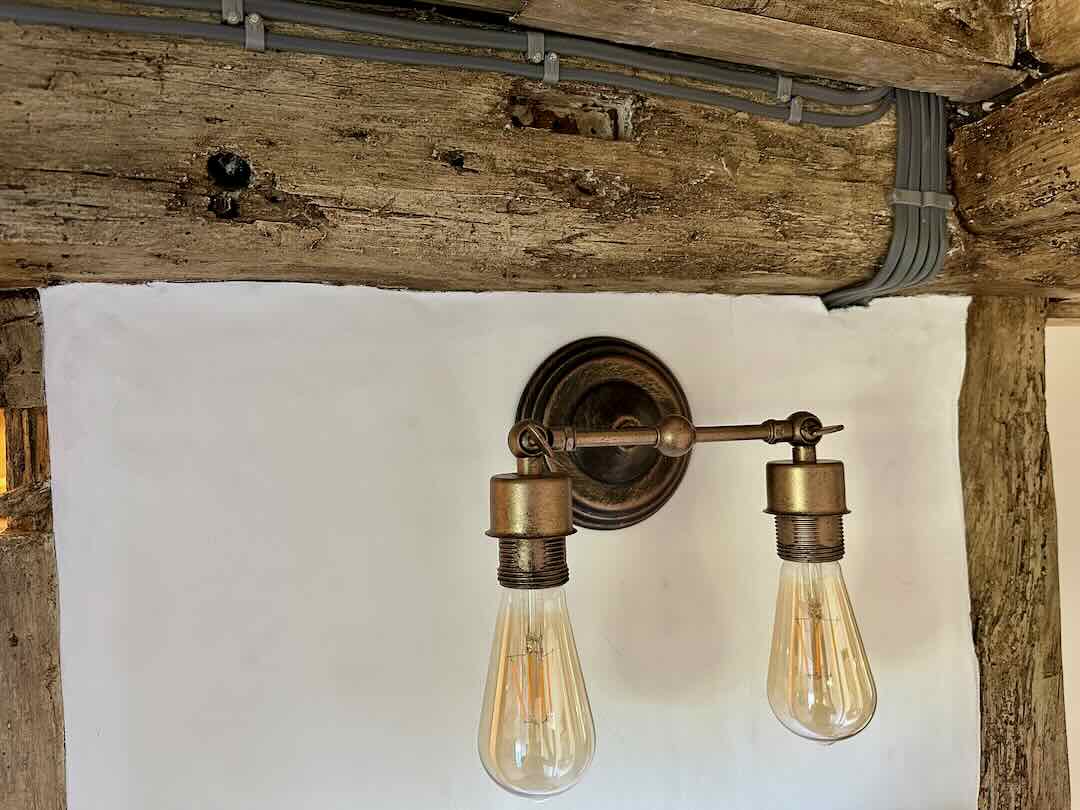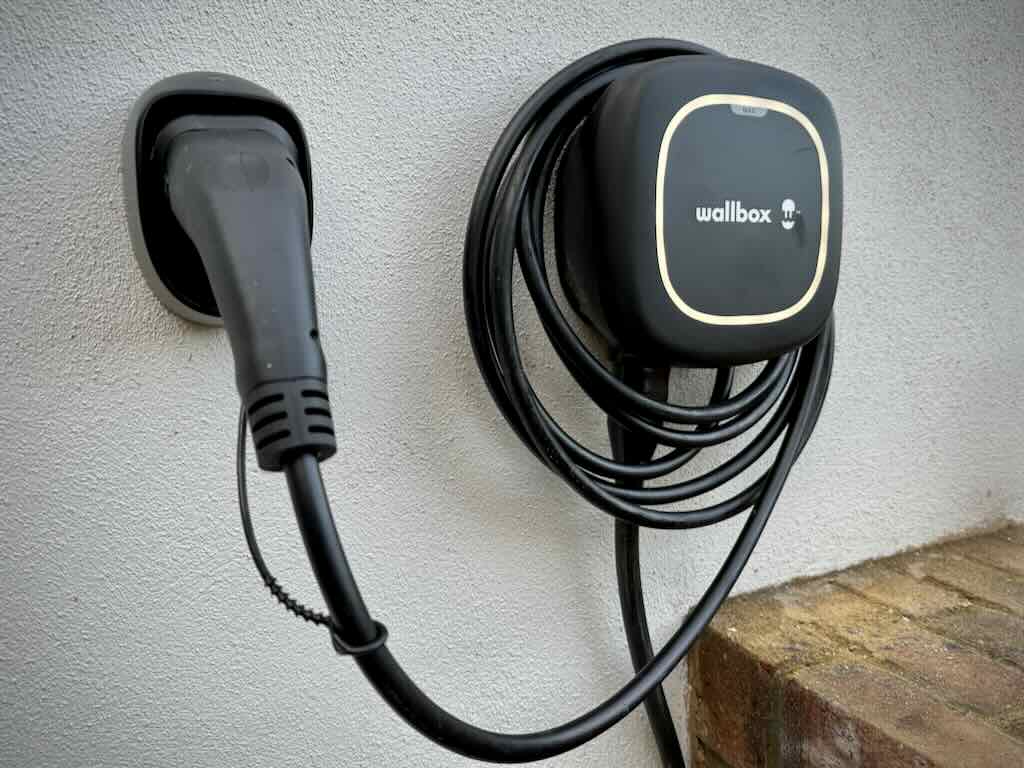Charging cables have connectors you plug into the electric car and/or the charge point. What type of charging connector you use depends on your car and the power rating of the charge point. Here are five charging plugs used in the UK, Type 2 now being the most common:
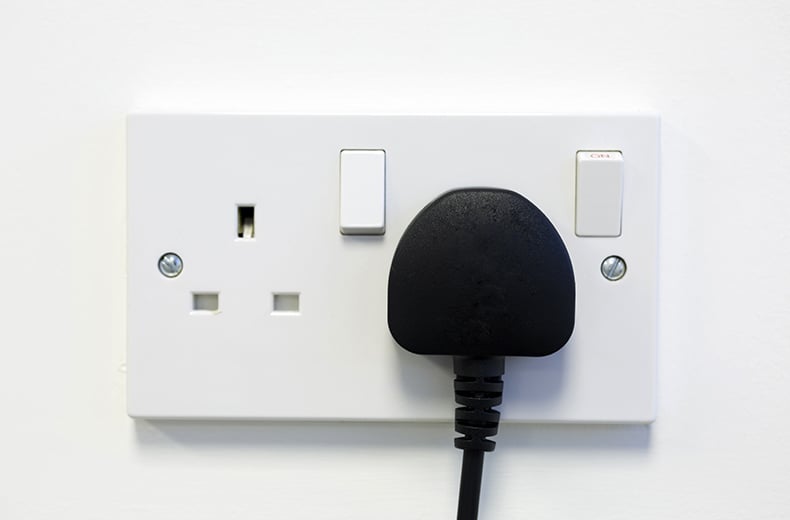
UK Standard 3-pin Socket Outlet
Power rating of 2.3-3kW AC, Single Phase (Standard Charge):
- Approx 5 miles range per 30 mins of charging
- Standard UK domestic electricity outlet
- Not designed for prolonged use needed to fully charge an electric car
- Very slow charging with a maximum power output of 3 kW

Type 1 plug
Power rating of 3-7kW AC, Single Phase (Slow/Fast Charge):
- Approx 12 miles range per 30 mins of charging
- Only available in single phase
- Less common in modern electric cars
- Has no locking mechanism when the car is connected to supply
- Up to 7kW AC. This socket is typically found on older EVs, such as the original (2010-2017) Nissan Leaf

Type 2 plug (Also known as ‘Mennekes’ connector)
Power rating of 3-42kW AC, Single Phase/Three Phase (Fast Charge):
- Approx 75 miles range per 30 mins of charging
- Becoming the standard European charging cable connector type
- Compatible with both single and three-phase electricity supply
- In-built locking mechanism when connected to the power supply
- Tesla has a 120 kW DC version of type 2
- A fast charger charges at speeds of between 7kW to 22kW AC and is the most common type of home charge point. Fast chargers are found on the public charging network, too. Zap Map reports they are the most easily found charger type in the UK.
- A 7kW fast charger will refill an EV battery in six to eight hours, with a 22kW connection taking three hours. Popular fast charge networks include BP Pulse, Pod Point and the Gridserve Electric Highway.

CHAdeMO plug
Power rating of 50kW DC, Three Phase (Rapid Charge):
- Approx 85 miles range per 30 mins of charging
- Older type of charging cable connector for rapid charging
- Compatible with Japanese vehicle manufacturers
- Most common rapid connector type due to the popularity of the Nissan Leaf
- This connection is favoured by Japanese and Korean car makers. Popular models that use it include the Mitsubishi Outlander PHEV and Nissan Leaf.

Combined Charging System (CCS) plug
Power rating of 50-350kW DC, Rapid Charge:
- Approx 85-200 miles range per 30 mins of charging
- The most versatile rapid charging connector
- Likely to become the most popular DC connector standard
- Enables a higher power rating to support larger ultra rapids chargers
- Up to 350kW DC. The most popular form of rapid or ultra-rapid charging connection, CCS car sockets contain a combined alternating current (AC) and DC port
- Electric cars that use CCS include the BMW i3, Jaguar I-Pace, Kia e-Niro and Volkswagen ID.3

Tesla Superchargers
Tesla has its own network of rapid chargers called Superchargers. The Supercharger network has 2,500 stations worldwide, hosting more than 25,000 charge points. In the UK, these are mostly found at motorway service areas, but ‘Destination’ chargers can be found at places such as hotels.
Rated at up to 150kW, and – at the moment – exclusively for Tesla drivers, a Supercharger can refill a Tesla’s battery to 80% capacity in around 30 minutes. Superchargers use the following connectors:
- Up to 150kW DC. This connection is for the Model 3. on CCS connector
- Up to 150kW DC. on Type 2. The Tesla Model S and Model X use this connector, which is the same style as the Type 2 AC plug.
- Some Tesla Model S and Model X owners use socket adaptors that allow them to use any public CCS and CHAdeMO connections.





